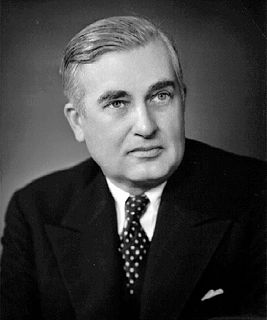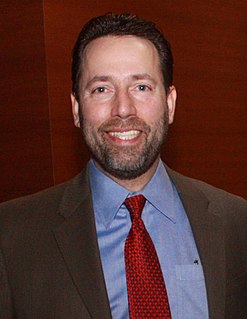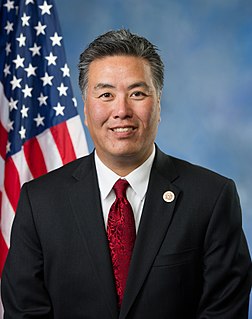A Quote by Charles Edison
My goal was to make New Jersey's state government a model for all other states to emulate, hopefully thereby to stem, or at least slow down, the flow of power to the federal government.
Related Quotes
It is federal, because it is the government of States united in a political union, in contradistinction to a government of individuals, that is, by what is usually called, a social compact. To express it more concisely, it is federal and not national because it is the government of a community of States, and not the government of a single State or Nation.
It [the Constitution] didn't break free from the essential constraints that were placed by the founding fathers in the Constitution, at least as it's been interpreted, and the Warren court interpreted it in the same way that generally the Constitution is a charter of negative liberties. It says what the states can't do to you, it says what the federal government can't do to you, but it doesn't say what the federal government or the state government must do on your behalf. And that hasn't shifted.
... the State Legislatures will jealously and closely watch the operations of this Government, and be able to resist with more effect every assumption of power, than any other power on earth can do; and the greatest opponents to a Federal Government admit the State Legislatures to be sure guardians of the people's liberty.
But ambitious encroachments of the federal government, on the authority of the State governments, would not excite the opposition of a single State, or of a few States only. They would be signals of general alarm . . . But what degree of madness could ever drive the federal government to such an extremity.
I have long been in favor of a balanced budget restriction at the level of the federal government of the United States. Because the federal government has money-creating powers it can, in fact, be very damaging if it runs a series of budget deficits. With the state government in the United States, they don't have money-creating powers. The automatic discipline imposed by the fact that they are in a common monetary unit and don't have control over the money power means that the balanced budget restriction is less needed.
California will not wait for our federal government to take strong action on global warming. We won't wait for the federal government. We will move forward because we know it's the right thing to do. We will lead on this issue and we will get other western states involved. I think there's not great leadership from the federal government when it comes to protecting the environment.
But again, you know, the views that we've expressed are transferring power back from the federal government to the states, giving Alaska an incredible opportunity to expand its economy, especially at a time when our federal government is coming close to bankruptcy. So that is a broad-based appeal. It's not an extreme view.
One of the basic philosophical tenets of conservatism - which says that the more power devolves from the federal government to the states, the greater individual freedom grows - is just flatly contradicted by crucial junctures in the country's life, most conspicuously in the 1860s and 1960s, when it's been the federal government that's interceded against the states to secure individual freedom.
The Second Amendment, like the rest of the Bill of Rights, was meant to inhibit only the federal government, not the states. The framers, as The Federalist Papers attest (see No. 28), saw the state militias as forces that might be summoned into action against the federal government itself, if it became tyrannical.
Does the U.S. Constitution stand for anything in an era of government excess? Can that founding document, which is supposed to restrain the power and reach of a centralized federal government, slow down the juggernaut of czars, health insurance overhaul and anything else this administration and Congress wish to do that is not in the Constitution?
If the court strikes down the Defense of Marriage Act, is that a 'liberal' result enabling gay couples married in states where gay marriage is legal to enjoy the same economic advantages that federal laws now grant to straight couples? Or is it a 'conservative' ruling, limiting the federal government's ability to override state power?
In the history of mankind many republics have risen, have flourished for a less or greater time, and then have fallen because their citizens lost the power of governing themselves and thereby of governing their state; and in no way has this loss of power been so often and so clearly shown as in the tendency to turn the government into a government primarily for the benefit of one class instead of a government for the benefit of the people as a whole.

































